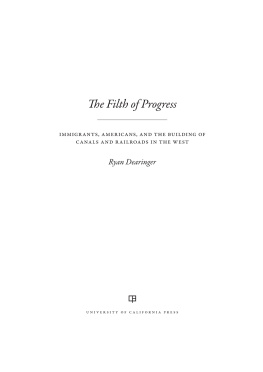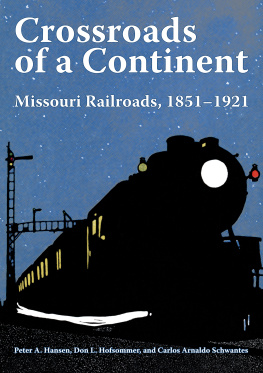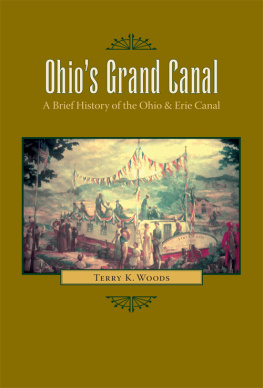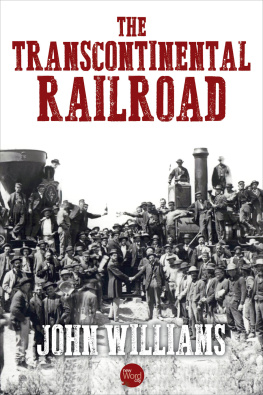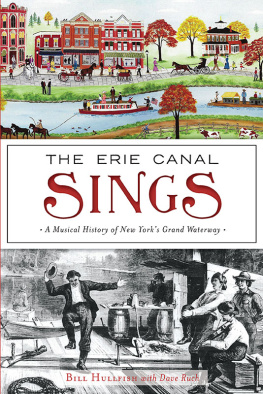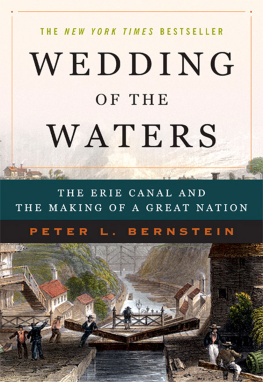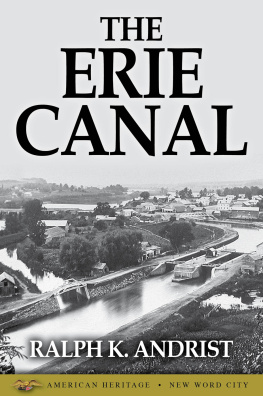ACKNOWLEDGMENTS
So often we overlook the work and significance of those who are not in professional jobs, of those who are not in the so-called big jobs. But let me say to you tonight, that whenever you are engaged in work that serves humanity and is for the building of humanity, it has dignity and it has worth. One day our society must come to see this.
DR. MARTIN LUTHER KING JR.
Memphis, Tennessee, March 18, 1968
This book has been many years in the making, and its publication gives me the opportunity to thank the folks who inspired and shaped it. My ideas and arguments have developed over a decade-long journey in libraries, archives, classrooms, and offices, as well as in stimulating discussions with teachers, colleagues, and students. In terms of the research and writing, the road was long, rugged, and often seemed impassable. Because of the books elusive subject matter, I was prepared for a difficult voyage. Yet I struggled far more than I ever envisioned, had fits and starts, and agonized over every idea and then over every paragraph, sentence, and word. Histories, like canals and railroads, require knowledge, toil, and perseverance. Humans have to create them, refine them, bring them to life, and then evaluate them. They do not magically appear, nor are they self-evident or without problems. A colleague once told me that writing in history is not poetry but carpentry; it demands the strain of both mind and muscle and the sweat of brow. Crafting this book has reminded me that whether the work is mental or physical, reliant on picks and shovels or pens and keyboards, all labor has dignity and worth.
It is difficult to find the words to express my thanks to the teachers, professors, librarians, archivists, colleagues, friends, and family members who made this project possible. Nonetheless, the best place to start is Fort Vancouver High School in Vancouver, Washington. I want to express my gratitude to the fellow Trappers who influenced my life in meaningful ways. My classmates and I were fortunate indeed to grow up in a time and at a place where a challenging liberal arts education was among societys greatest virtues and responsibilities.
My training as a historian began fifteen years ago at George Fox University in Newberg, Oregon. There, Kerry Irish, Ralph Beebe, Mark Weinert, and David Peterson Del Mar introduced me to U.S. history, the nineteenth century in particular, and to the problematic history of violence in America. I am grateful to them for sending me down those trails, and for being such fine teachers. Another mentor, Mark David Hall, first encouraged me to apply to graduate school, and I cannot thank him enough for his guidance. I also owe more than I can say to Pat Bailey, Mike Thompson, Luke Wolf, and my classmates and teammates at George Fox.
At Purdue University in West Lafayette, Indiana, where I pursued my masters degree, I worked with a number of wonderful people. My adviser, Michael A. Morrison, stuck his neck out and somehow found a way to secure funding for a student with much ambition but little practice. His faith in me strengthened my fortitude immeasurably. Mike still ranks as the best classroom teacher I have encountered, and his ability to bring nineteenth-century political history to life has inspired my own efforts. Frank Lambert, a remarkable scholar and teacher, sharpened my grasp of historiography and my writing and analytical skills with the same talent and precision that helped him boom footballs as a punter for the Pittsburgh Steelers. Nancy Gabin introduced me to the fields of labor history and gender studies, exercised tremendous patience with my earliest conference papers and journal articles, and taught me more than I ever imagined about history and academia. John Lauritz Larson deserves special mention. I am unsure whether to thank or blame him for encouraging me to pursue this project, but John played a greater role in my development as a young historian than he would ever admit. It was in his research seminar where we first wrestled with the idea of crafting a history of the immigrants who toiled in the mud and muck to build America, with the paradox of progress, and with Indianas ill-fated Wabash & Erie Canal. His guidance, joyful criticism, and encouragement convinced me that I was, to use the words he scribbled on my final seminar draft, on to something with legs. I only hope to have proved him right. At Purdue I was also surrounded by fellow graduate students who nurtured and challenged me. Andrew Busch, Carson Cunningham, Ryan Anderson, Jim Buss, Scott Randolph, Renee Searfoss, Alex Demonte, Carla Hostetler, Erin Kempker, and others supported and improved this project in some way and helped cultivate a wonderful graduate community. Ill never forget our memorable postclass meetings at Chumleys across the Wabash River in Lafayette, a place we closed down with regularity.

